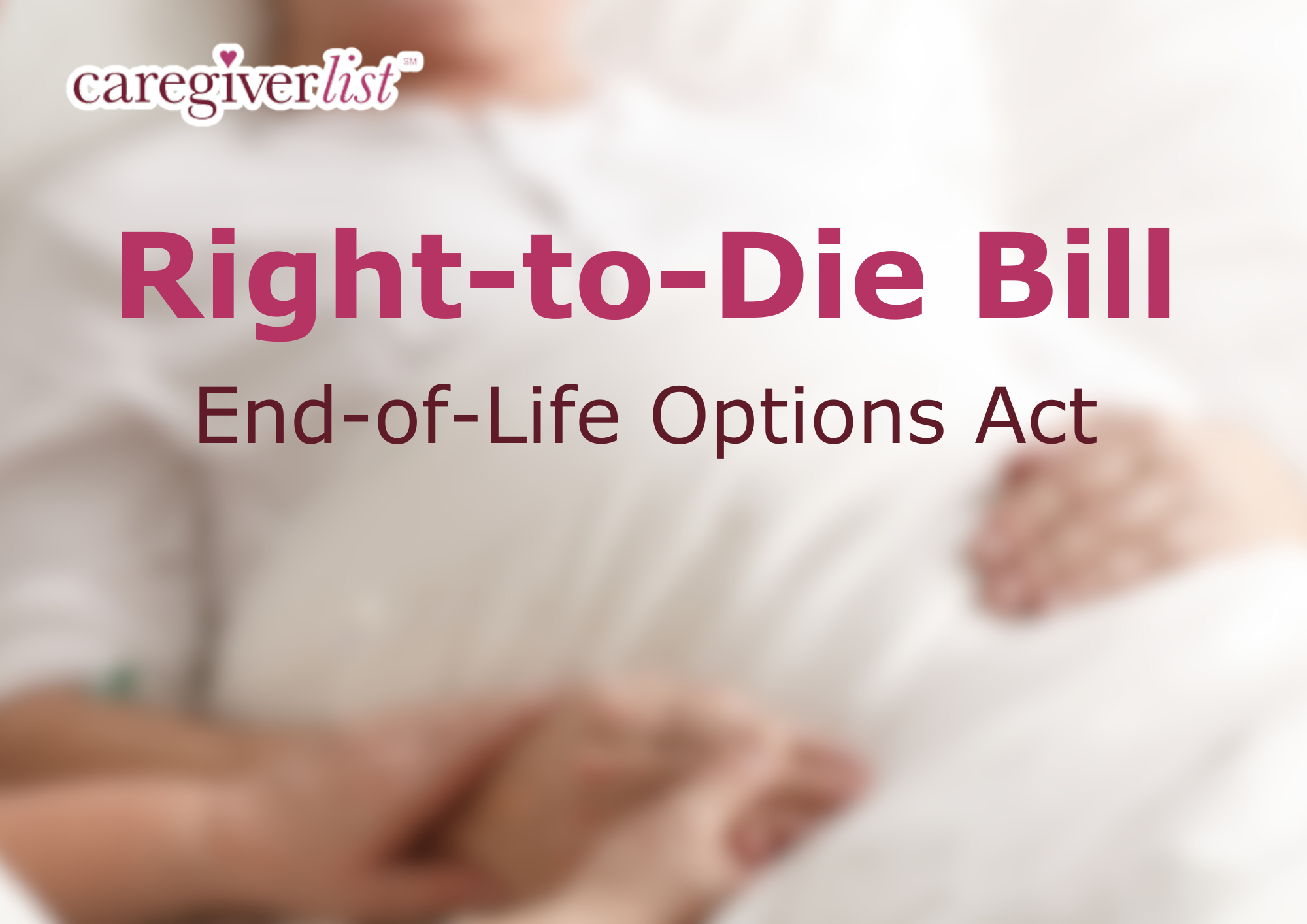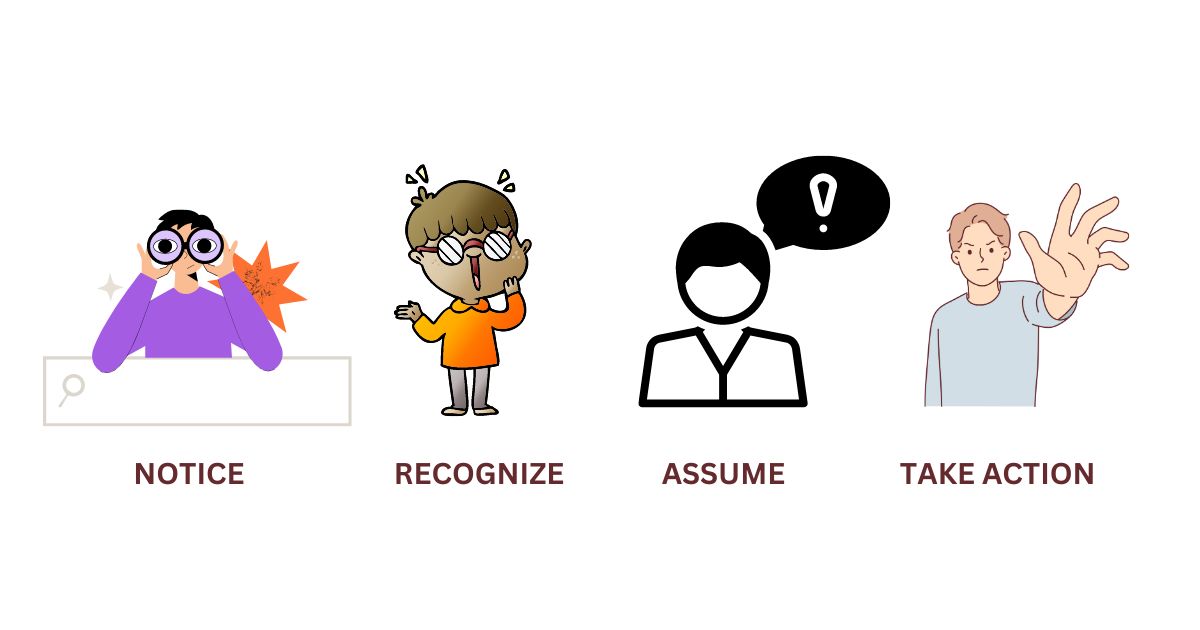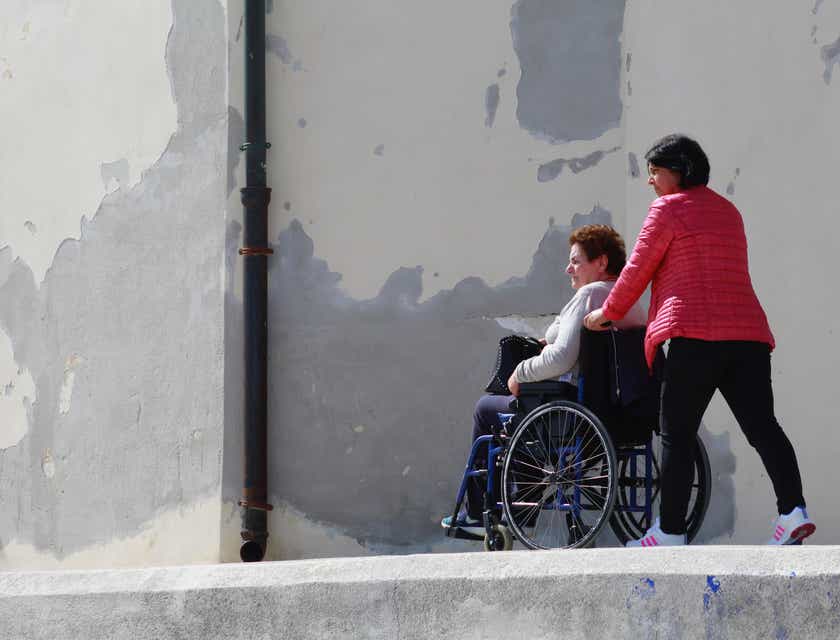Michigan voters turned down Proposal 4, supported by the Service Employees International Union (SEIU). The Michigan legislature had booted the union from requiring home health care workers to be members earlier in the year and this proposal was presented to change the constitution to force the health care workers, many of whom are paid via Medicaid programs, to chip into union dues.
Background checks and caregiver training are already required for senior caregivers working for licensed senior home care agencies. The Michigan legislature defunded the Michigan Quality Community Care Council in 2011 moving the 60,000 home health care workers away from the Service Employees International Union Healthcare Michigan which had been collecting $30 million in dues from their wages.
The SEIU contributed more than $5 million towards the campaign to pass Proposal 4 in Michigan. As it did not seem the proposal brought anything fresh and new to the table for home health care workers – – such as an increase in pay, more benefits – it was opposed by most community groups such as Citizens Protecting Michigan’s Constitution.
Worker’s compensation, unemployment insurance and the new healthcare law which grants healthcare benefits to everyone are all positive additions to working as a senior home caregiver. And for companies to grant these benefits, required by law, they must conduct criminal background checks on all employees and provide proper training.
We looked to see if the $30 million the SEIU would have collected from home health caregiver wages would have gone towards added benefits for seniors and caregivers and just could not find any information on this – the SEIU promotes background checks and a “registry” of workers but that is not anything new and different – background checks and training are already part of the criteria for home health care.
As more and more seniors live longer, perhaps new ideas will be brought to voters – ideas that will improve care and decrease costs and deliver improved benefits and training programs to caregivers.
Private duty senior care, which means care provided by a senior companion caregiver, Certified Nursing Aide or Home Health Aide (which is a designation created in a few states such as New Jersey) does require active care management for the caregiver and senior. The private duty senior care industry had promoted a basic caregiver training program which was passed in a few states such as Illinois. The Caregiverlist Certified caregiver training provides 10-hours of online caregiver training and meets this basic training criteria for senior caregivers.







